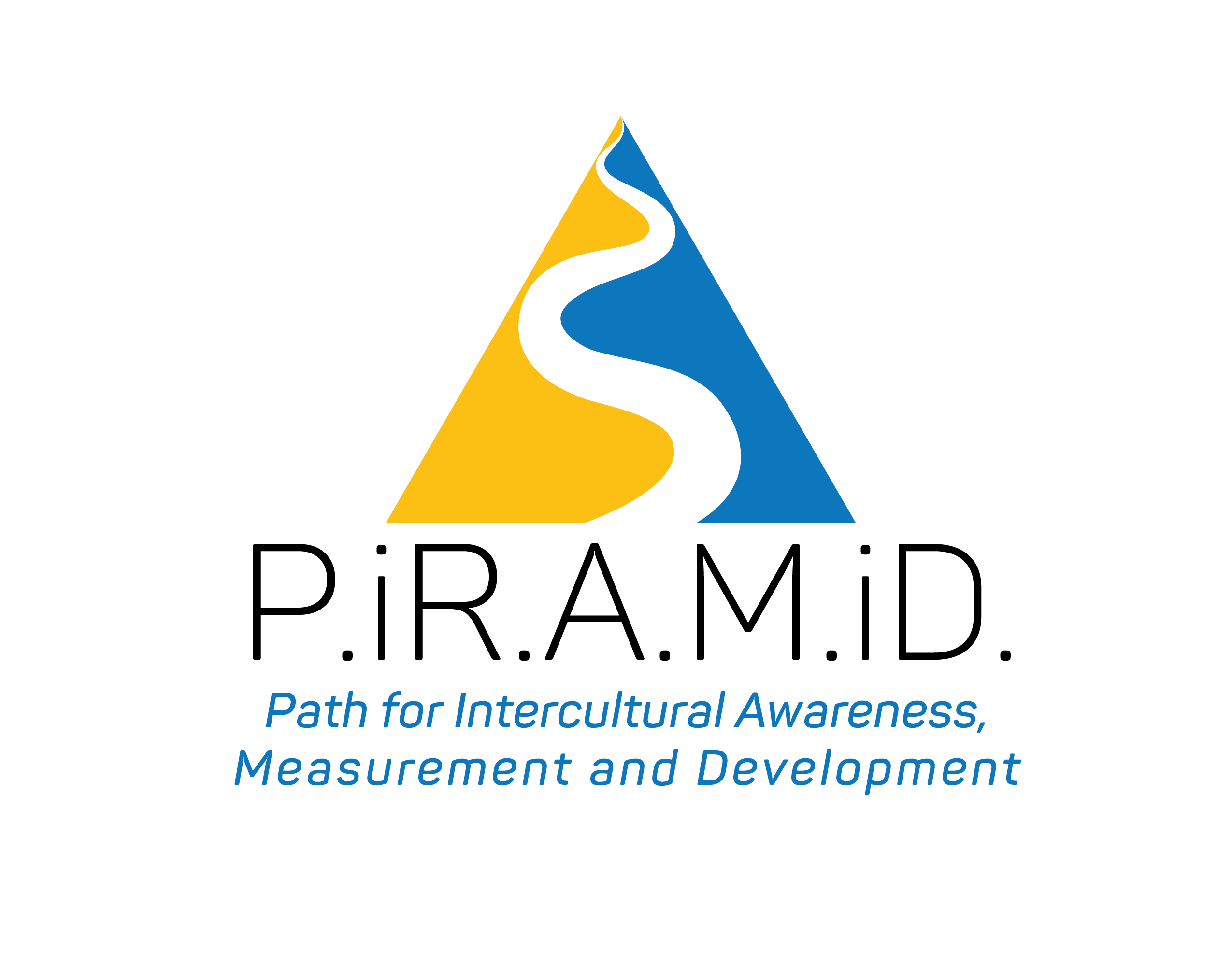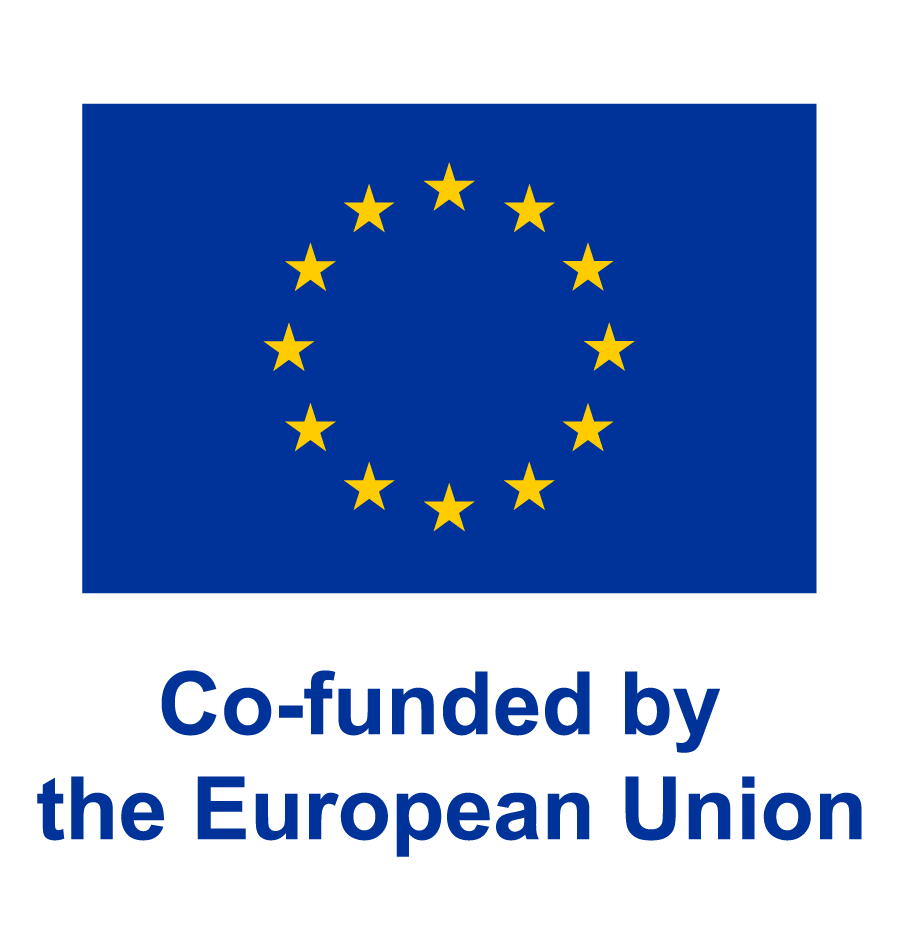This website use cookies to ensure you get the best experience on our website

P.IR.A.M.iD
2023-1-ES01-KA220-VET-000157060
Saving Face : A Core Principle in Asian Business
05 June 2025

Introduction
In Asian cultures, the concept of “face” transcends the simple idea of public image. It encompasses honor, dignity, respect, and social harmony. Losing face can have profound consequences, both personally and professionally. Richard D. Lewis emphasizes that understanding and respecting this dynamic is essential for any successful interaction in Asia.
The Importance of Hierarchy and Respect
Lewis points out that in Asian management, form, symbolism, and gesture carry immense weight. He writes:
“Asian management attaches tremendous importance to form, symbolism and gesture. The showing of respect, in speech and actions, to those higher in the hierarchy is mandatory. There must be no loss of face, either for oneself or one’s opponent…”
Richard D. Lewis, When Cultures Collide
This quotation illustrates the necessity of maintaining harmony and avoiding any situation that could cause loss of face for oneself or others.
Indirect Communication and Preserving Harmony
In many Asian cultures, communication is often indirect. Saying “no” directly can be perceived as rude or confrontational. Thus, refusals are frequently expressed subtly in order to preserve everyone’s face.
Implications for International Business
Negotiations : Decisions may take longer because it is crucial to build a relationship of trust and ensure no one loses face.
Feedback : Direct criticism can be poorly received. It is preferable to adopt a more nuanced approach, emphasizing positive aspects before addressing areas for improvement.
Conflict Resolution : Conflicts are often avoided or handled indirectly to maintain harmony.
Conclusion
Understanding the concept of “face” is essential for navigating the business world in Asia effectively. As Richard D. Lewis highlights, respect for form, symbolism, and hierarchy is fundamental to establishing strong, lasting relationships. By adopting a sensitive and respectful approach, professionals can avoid misunderstandings and build fruitful partnerships.

This project has been funded with support from the European Commission.
This publication reflects the views only of the authors, and the Commission cannot be held responsible for any use which may be made of the information contained therein.
